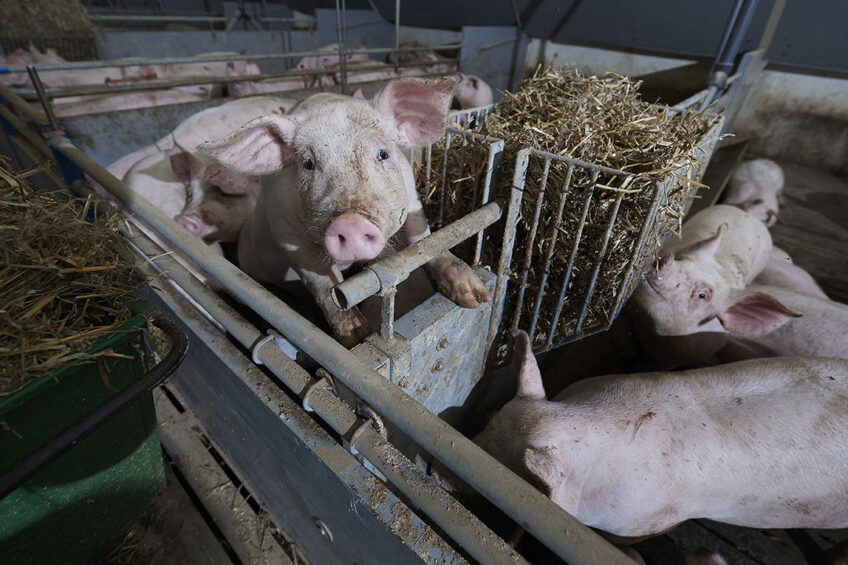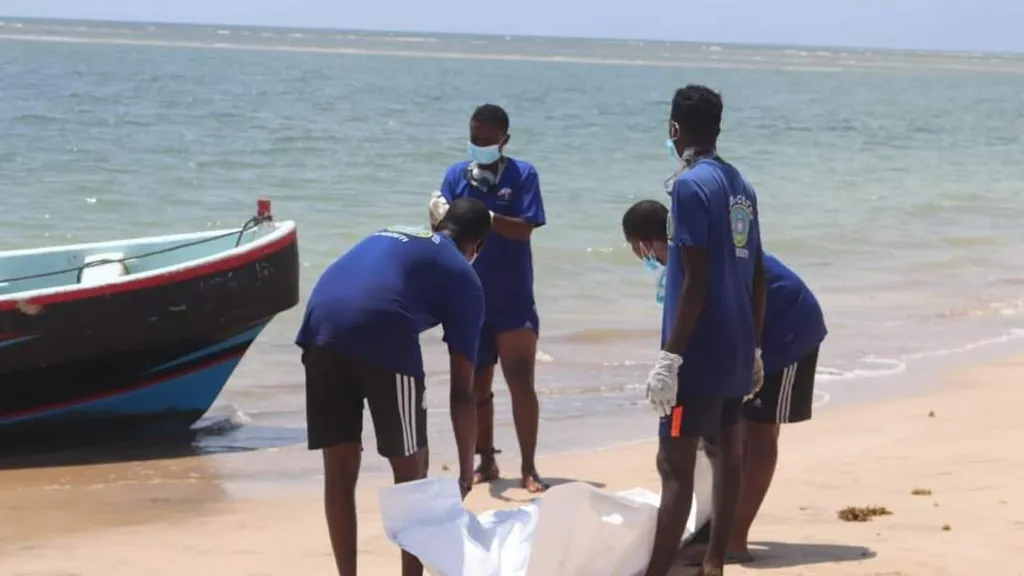Health authorities in South Sudan have declared a cholera outbreak in Renk, a county located on the northern border of Sudan and the main point of entry for refugees and returnees fleeing the ongoing armed conflict in that country. A total of 50 suspected cases with six confirmed cases were reported among refugees, returnees and the host community as of 28 October 2024.
In response, the health authorities have activated the cholera taskforce at the county level to facilitate coordinated response efforts and the national incident management system has been engaged. To enhance disease surveillance, health authorities are providing guidance to all health facilities in the area on what constitutes a cholera case definition and mobilizing boma health workers to conduct active case finding and contact tracing. Additionally, 30 health workers have been trained in identifying, reporting and testing for suspected cholera cases and in sample collection procedures.
“The Ministry of Health is aware of the difficult conditions refugees and returnees face, such as overcrowding and poor water and sanitation, which can lead to outbreaks, however, the Ministry is working with health, nutrition and water sanitation and hygiene cluster partners on the ground to ensure that the risk of the outbreak spreading is minimized,” says Yolanda Awel Deng, the Minister of Health in South Sudan.
South Sudan is currently experiencing unprecedented flooding that has caused widespread devastation in several parts of the country and affected more than 81 300 people and displaced around 46 500 people in Upper Nile State, where Renk is located. These numbers continue to rise every week and place already vulnerable people at risk of infectious diseases such as cholera.
World Health Organization (WHO) is working closely with the health authorities and partners and has provided support to establish two cholera treatment units, one at Renk Civil Hospital which has a capacity of 10 beds and another at Wunthou point of entry, with four beds. The current recovery rate is 80% and those hospitalized are showing significant progress and improvement.
WHO has also deployed two rapid response teams, which include state coordinators, epidemiologists, experts in water, sanitation and hygiene, infection prevention and control, risk communication and community engagement and laboratory officers. Additional public health and laboratory experts are scheduled for deployment within the week.
On 25 October, WHO delivered 12 metric tons of health emergency kits to Renk. These kits can treat around 74 000 people and include cholera kits which can treat 560 severe and 2340 mild to moderate cases. The shipment also consists of a cholera investigation kit, 25 cholera beds, two cholera logistics modules and ten tents of varying size.
“I commend the Government of South Sudan on its high-level response to the cholera outbreak in this fragile area of the country,” says Dr Humphrey Karamagi, WHO Representative in South Sudan. “WHO is committed to supporting the Ministry of Health in enhancing disease surveillance, improving response coordination, and ensuring the availability of medical supplies.”
Source: WHO








